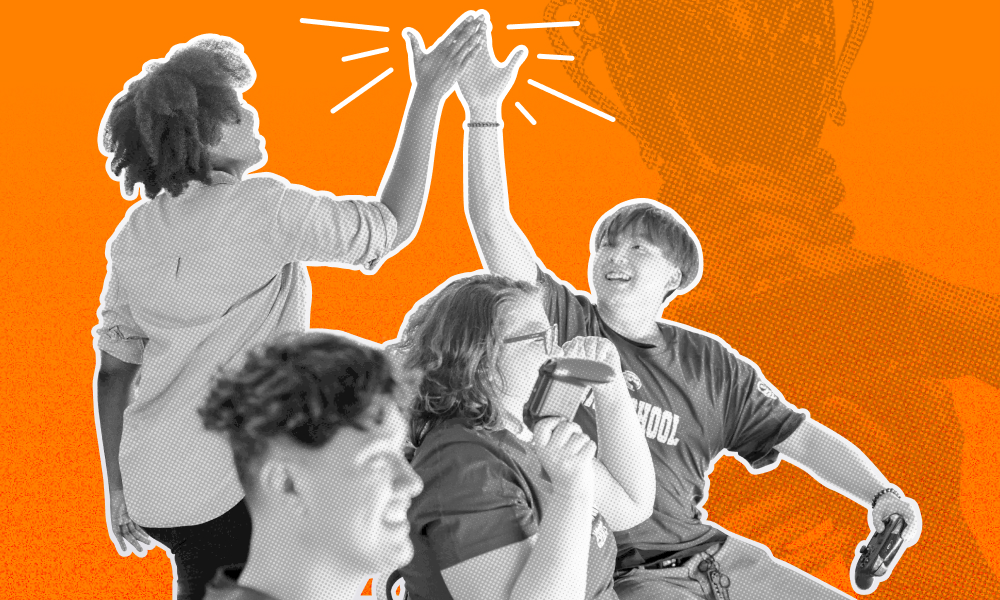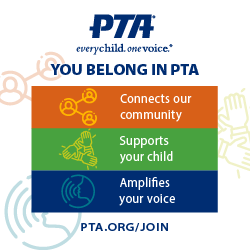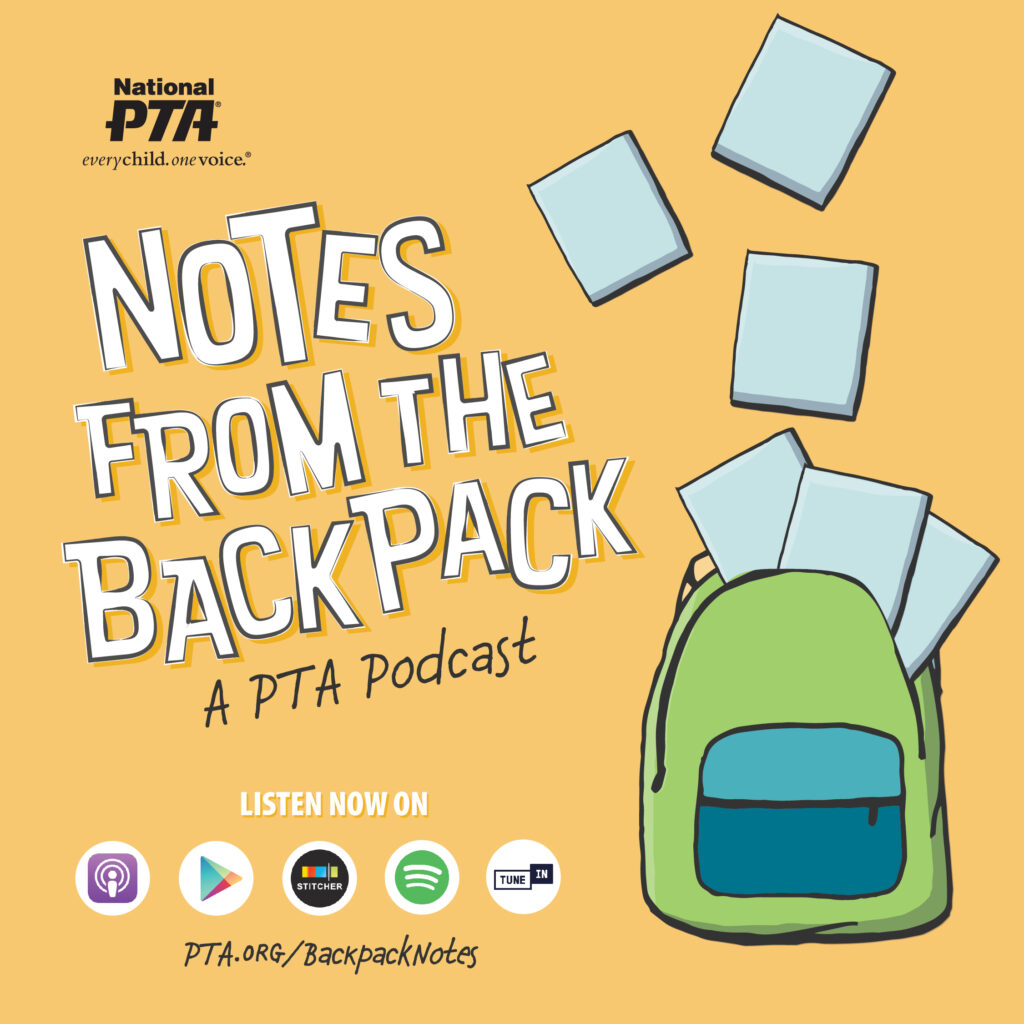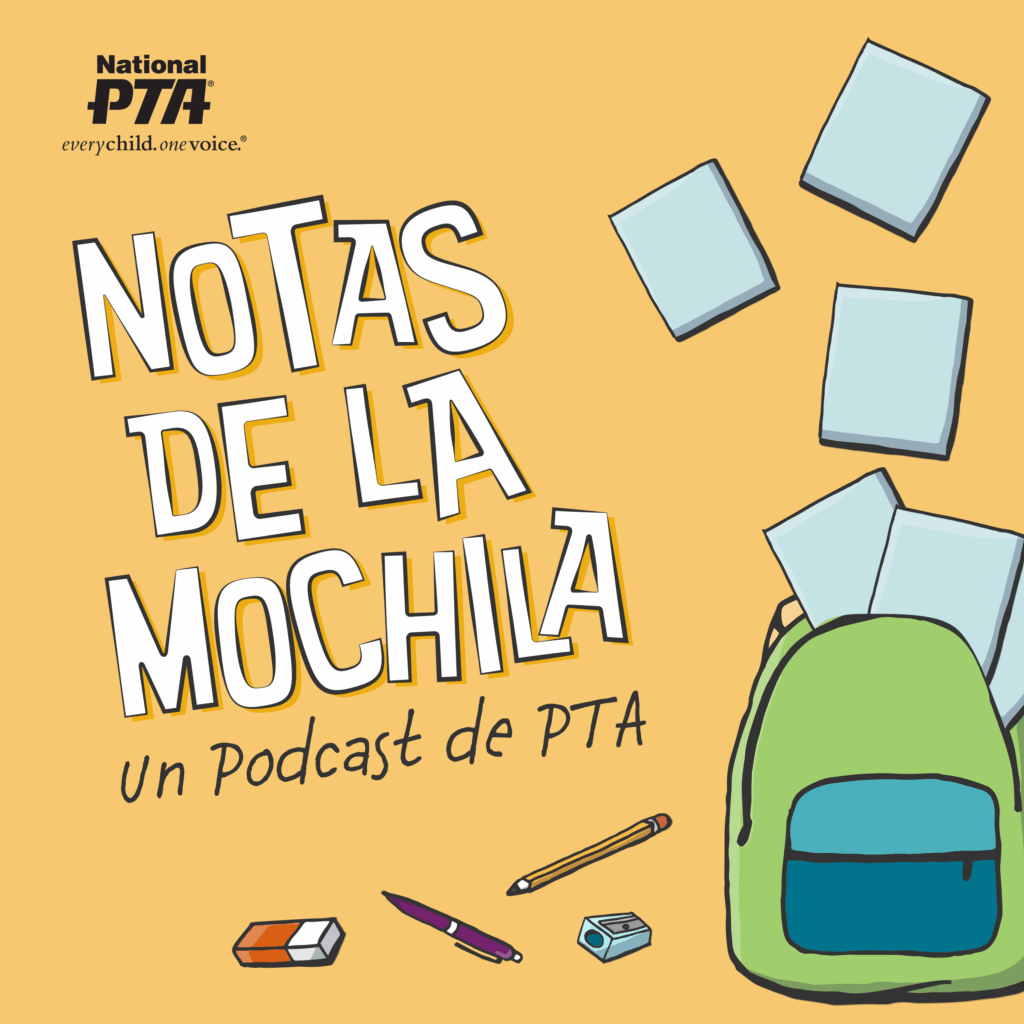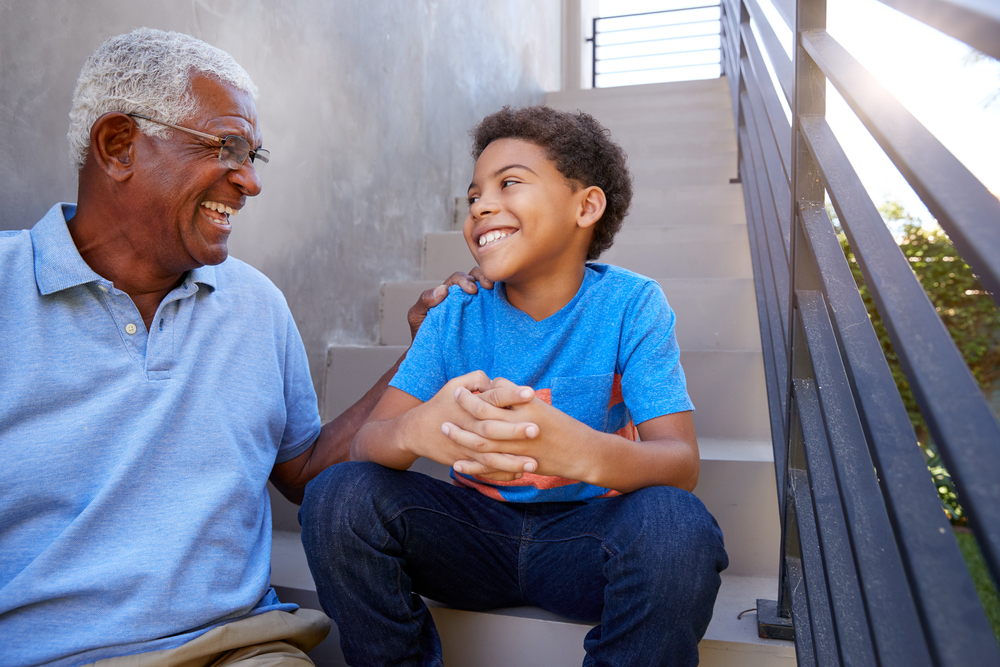Teamwork. Communication. Leadership. When you hear these three skills, which extracurricular activity comes to mind? Maybe sports like soccer and football? Student government? Theater? These are actually three of the skills that students improve upon when they join their school’s esports team.
As more and more teachers discover the positive power behind high school esports—or competitive video gaming—more schools are getting behind this impactful program. Coach Ashley Hodge from Georgia revealed that 450 students showed up when Colquitt County High School initially announced their esports program.
“Esports reach a wider selection of the student population than any other extracurricular activity. Competitive gaming reaches kids who have never participated in any other school activity,” Wolfe County High School coach Timothy Evans says.
A New Avenue for Inclusivity
Students who don’t play sports or don’t want to perform are often left out of after-school activities, detaching them from the school’s community. Esports is a way to bring a variety of students together through an inclusive and accessible activity that allows them to bond over a shared passion.
Recent research suggests that participation in extracurricular activities increases a student’s engagement and attachment to their school, improving their chances of getting involved and graduating. And with studies showing that 72% of all teens play video games, this means there are plenty of students interested not only in esports but also in becoming a part of a community of other esports fans.
Esports programs improve students’ performance beyond competitive gaming. According to Hodge, many of her esports athletes come to school solely to play games. While they may have felt isolated and unmotivated before, they are now pushing themselves to get better grades so they can continue to take part in the esports program.
“I had a student graduate last year who told me that he was going to drop out. He didn’t like school. It wasn’t for him. But then we announced esports and that’s what saved him. He graduated and now he’s in college,” Hodge says.
Top 5 Benefits of Scholastic Esports
Community
Not every student can play a physical sport. And not every student can get on stage and act or play an instrument. But most students can (and do) play video games. This makes esports a very inclusive and accessible after-school program that allows anyone with a passion for video games to participate.
Many of the students who participate in esports programs were never on a team before. For them, esports provide a safe community in which they can learn, grow and thrive. They can find others with the same passion and interests. They can also confide in and receive advice from their new mentor—the esports coach running the program.
School Pride
High school pep rallies often revolve around sports, which means a lot of students feel disconnected from the concept of school spirit.
But esports programs allow students to feel a connection to their school by competing in tournaments while wearing jerseys that represent their high school. These jerseys can also be worn throughout the school day. This creates an authentic connection for participants to other students and staff in the school, instead of feeling like they are constantly on the outside looking in.
Having that sense of school pride means these students now have a direct stake in their school community and their daily experience within the school building. This makes them take high school more seriously, creating a sense of ownership and feeling like they are a part of something bigger.
Confidence
Teams don’t have to win tournaments to feel confident (although that certainly helps). Being a part of a team, practicing together, and competing together is enough to make students feel they are accomplishing something they care about. Becoming better at something is always rewarding, especially when students have put in the effort to improve.
Benedictine Military School coach Nancy Miller agrees, sharing that, “Originally we were practicing three days a week and they were concerned they weren’t getting enough practice. ‘Can we do more? Can we squeeze in another day?’ They are just so motivated to take ownership of it.”
Friendship
The Pew Research Report states that most teens who play video games do so with friends, which includes new people they met in an online match or having in-person friends come over after school. Over 80% of American teens who play games say they play them with others in the same room.
An esports program creates an extra opportunity for students to create lasting and meaningful friendships. They will practice and compete with other students with shared interests and passions, allowing them to connect over esports and beyond.
Social Skills and Teamwork
Esports teach students a lot of valuable skills that can impact their school experience and everyday lives. Students must work together with their teammates, in-game leaders and coaches to come up with strategies and game plans. This experience teaches them proper ways to communicate and problem-solve (often at lightning speed).
Having a structured esports program allows coaches to work with students on their attitude and communication style, promoting healthy coping mechanisms for when games go wrong. This in turn creates a positive environment where students can safely and effectively learn powerful skills that will inspire incredible growth.
Get in the Game
Want to learn more about starting an esports program? PlayVS has some additional material about the high school esports program experience, whether you’re a parent wanting to know more about high school esports or a teacher looking to become an esports coach at your high school.
PlayVS sets the standard for amateur esports with the most popular titles, tracked stats, coach tools, and on-demand support specialists. Simply put, we make esports easy. Learn more at PlayVS.com.

